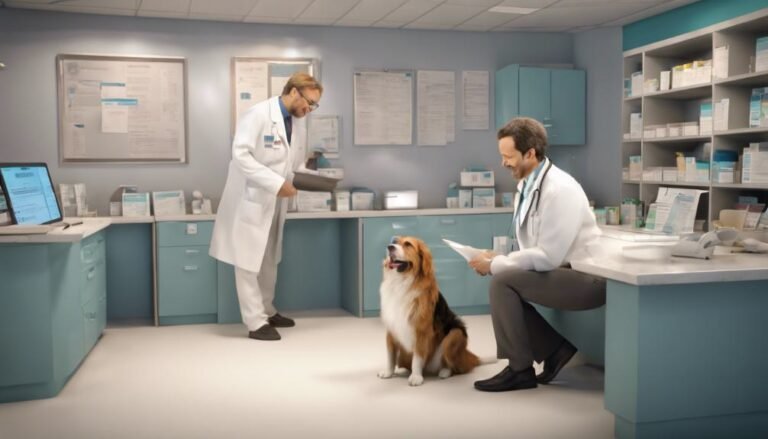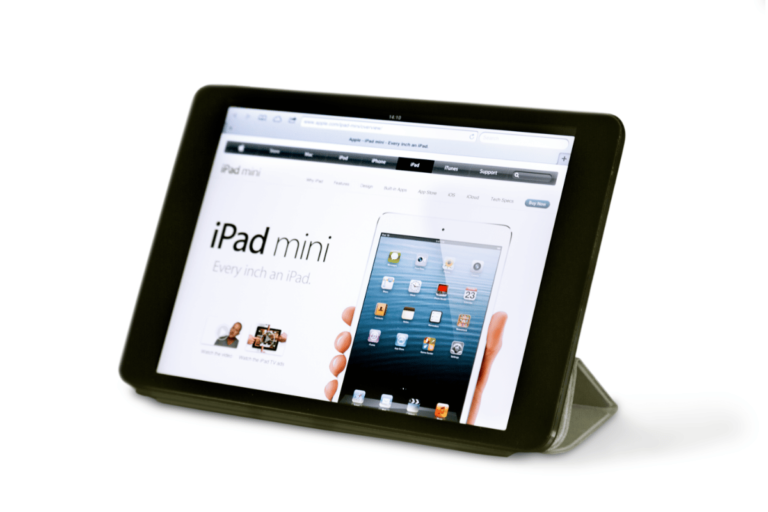Mastering workday integration testing: best practices and automation
Workday, a top human capital management and financial management Cloud-based ERP, has strong abilities for integration to link with other systems and applications without problems. But, to make sure Workday Releases integrations are dependable and effective, testing is essential. This blog looks into the most effective methods for testing Workday integrations, especially using automation as a tool to simplify the process.
Understanding workday integrations
Integrations with Workday allow organizations to match data between Workday and other systems like HRIS, ERP, and payroll as well as third-party applications. These integrations are very important for keeping data precise, improving work processes and promoting teamwork across functions.
Best practices for testing workday integrations
- Define test scenarios and data sets
Start with recognizing important scenarios for integration that are grounded in business needs. Followed by creating complete test cases which include different data inputs, transformations and mappings and outputs. Make certain the sets of test data represent real-life situations to check the integration function correctly.
- Leverage sandbox environments
Use Workday sandbox environments for testing, so teams can check integrations without affecting production data. Sandbox environments are safe and controlled places to do integration tests, find problems and try out settings.
- Verify data mapping and transformation
Verify the data mappings and transformations to ensure smooth data transfer between Workday and alternate systems. Ensure that the data mappings given are accurate, including the mapping of fields and data types, also checking the rules for validating them. Pay additional attention to see whether any change in data is necessary so as not to lose or harm information while integrating.
- Validate security and compliance requirements
Check that data privacy, encryption, and access controls in Workday integrations follow security and regulatory rules. Do security testing to find any weak spots and decrease risks related to data exposure or unauthorized entry.

The role of automation in workday integration testing
Automation is indispensable for boosting and improving the efficiency of Workday integration testing. It offers vital advantages to organizations by handling repetitive tasks and regression testing, leading to:
- Reduce time and expenses
Automation lessens the time and resources needed for examining Workday integrations, making release cycles quicker and testing expenses lower.
- Free up valuable company assets
Automation releases critical human resources from the burden of manual testing activities, enabling teams to concentrate on strategic initiatives and value-added work.
- Increase trust in deployments
Automated testing allows for dependable and uniform validation of Workday integrations, boosting trust in deployment results and upcoming customizations.
Conclusion
To end, testing Workday integrations is important for making sure things run smoothly, data is correct and following rules in an organization’s system. With Opkey, Workday’s Official Testing Partner, companies can change the way they test by using its high-level elements and abilities.
Opkey, being a no-code test automation software, doesn’t require complex coding skills. This makes it easy for users with any level of ability to automate their testing work without difficulty. Such accessibility allows teams to concentrate on testing strategies and business goals instead of technical complexities.
Opkey also has test accelerators. These pre-built tests help in making the process of creating tests faster and they are useful for testing Workday integrations. Test accelerators give a good beginning point to testers, letting them set up and do tests fast without starting from zero.
Opkey’s test discovery function increases risk coverage by understanding and examining unique Workday surroundings. It finds gaps in testing and suggests the best test situations, guaranteeing that all aspects of Workday business processes are thoroughly tested. This reduces the chance for unnoticed flaws to enter into production.
Furthermore, Opkey supports end-to-end integration testing throughout the development stages. Be it verifying data mappings, checking error handling or confirming security needs are met, Opkey offers a strong foundation for smooth automation in Workday integration testing.







